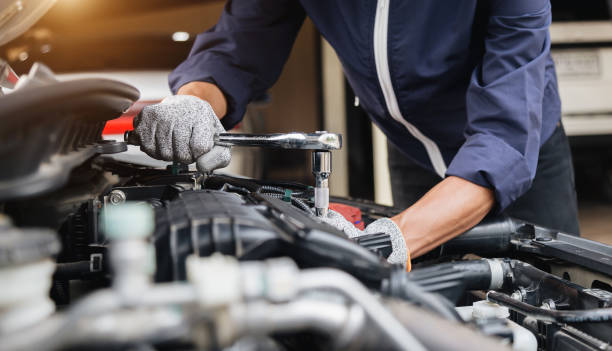• New car registrations fell 15.7 percent in June
to 176,264 units. June’s decline was the smallest since July 2008,
although year-to-date demand fell 25.9 percent. The scrappage
scheme is now beginning to deliver registrations to the market.
The market shift to smaller cars continues, with
mini and supermini segments doing well. These shifts helped take
average new car CO2 emissions to a new low of 152.3g/km.
“We are now beginning to see the positive impact of
the scrappage scheme translate into new vehicle registrations,”
said Paul Everitt, Society of Motor Manufacturers and Traders
(SMMT) chief executive.
“SMMT expects the pace of improvement to increase
in the coming months, but we can already see the industry making
steady progress on the long road to recovery,” Everitt added.
• The number of franchised dealerships in the UK
has declined in the last 10 years from 6,139 to 5,077 outlets.
But such a reduction has left the continuing
dealerships with better sales – the average figure per dealership
across all franchises now is 502 new car sales annually, compared
with 442 in 1999.
How well do you really know your competitors?
Access the most comprehensive Company Profiles on the market, powered by GlobalData. Save hours of research. Gain competitive edge.

Thank you!
Your download email will arrive shortly
Not ready to buy yet? Download a free sample
We are confident about the unique quality of our Company Profiles. However, we want you to make the most beneficial decision for your business, so we offer a free sample that you can download by submitting the below form
By GlobalData• It would appear that the UK government is not
prepared to put its money where its mouth is as a flagship scheme
to help the car industry survive the recession has yet to pay out a
single penny, despite the threat of job losses at Jaguar, Land
Rover and Vauxhall.
The £2.3 billion Automotive Assistance Programme
(AAP) was launched on 11 March, when ministers predicted it would
aid more than 100 carmakers and suppliers. Yet three months on, the
AAP has yet to pay out a penny.
MPs on the House of Commons Business Committee were
told in June that just four applications were “close to approval”,
with no predicted date for the first payment.
Asked about the loans made, Ian Gregory, director
of the automotive sector at the Department for Business, Industry
and Skills, said: “It is a round number – it is none. I can’t
pretend to be anything other than disappointed.”
• General Motors has stepped up negotiation with
rival suitors to offload a stake in Opel/Vauxhall, as talks with
preferred bidder Magna International hit obstacles.
• Fiat has finalised its global strategic alliance
with Chrysler, which will see the Italian carmaker’s chief
executive Sergio Marchionne become CEO of Chrysler too.
Robert Kidder has been named to become chairman of
the ‘New Chrysler’ which is now out of Chapter 11 bankruptcy
protection and begins operations immediately.
As part of the alliance, Fiat will contribute to
technology, platforms and powertrains for small- and medium-sized
cars to Chrysler.
• Volkswagen has delivered Porsche an ultimatum to
accept a tie-up between the two carmakers in a deal that would be
backed by the Qatar Investment Authority.
• The Institute of the Motor Industry (IMI) has
launched a new funding advice service to help employers and
training providers find out what government funding is available
and how it can be accessed.






